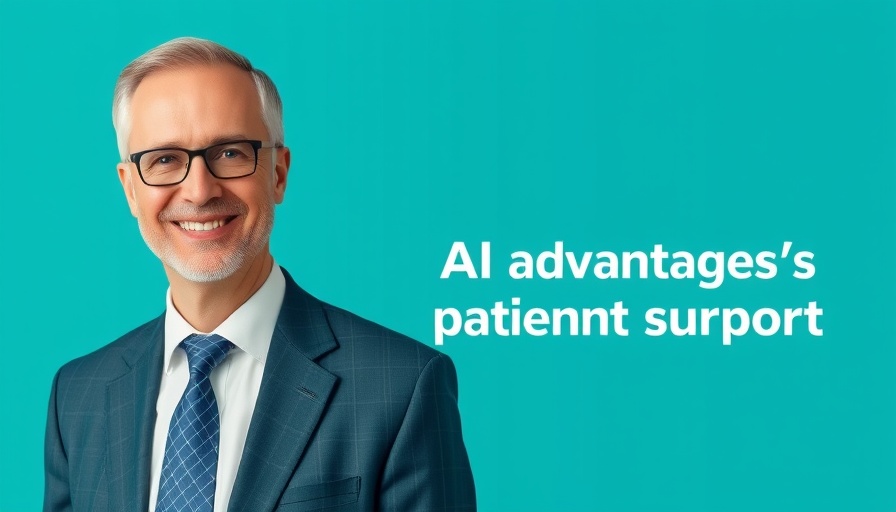
The Transformative Role of AI in Addiction Recovery Programs
Artificial intelligence (AI) is rapidly changing how we approach many aspects of healthcare, including addiction recovery. For parents concerned about their children’s exposure to substance abuse, understanding the potential of AI in treatment programs can provide hope and vital resources. The integration of AI can enhance traditional recovery pathways, ultimately helping young individuals recover and thrive.
Understanding AI Applications in Treatment
AI can be leveraged in various phases of addiction treatment—ranging from initial assessments and personalized treatment plans to ongoing support and relapse prevention strategies. For instance, AI algorithms can analyze large datasets to identify patterns in substance use behaviors, allowing professionals to tailor interventions more effectively. Combining AI insights with traditional therapies, such as behavioral therapy and group counseling, can enrich the recovery experience.
The Importance of Personalized Treatment Plans
Personalization is key to any successful recovery program. By utilizing AI, treatment facilities can assess each patient's unique needs, medical histories, and treatment responses. This data-driven approach aids in creating customized recovery plans which may include medication-assisted treatment, cognitive-behavioral therapy, and holistic approaches. The result is a more focused treatment experience that addresses specific triggers and challenges.
Empowering Families Through AI
Parents play a crucial role in supporting recovery, and AI tools can enhance familial involvement. Apps equipped with AI can track a patient’s progress and communicate effectively with family members, allowing them to provide timely support and encouragement. Moreover, AI solutions can offer families insights into managing their loved ones' recovery journeys, including access to support groups or designated hotline assistance.
Challenges in the AI-Driven Approach
While AI promises to revolutionize addiction treatment, it comes with challenges. There are ethical considerations around patient privacy and the potential for over-reliance on technology. It is essential to balance AI integration with human touch in therapy sessions. Therapy techniques, such as motivational interviewing and trauma-informed care, should still form the backbone of addiction counseling, ensuring patients receive compassionate support in addition to data-driven insights.
The Future of AI in Addiction Recovery
As research continues, the future of AI in substance abuse treatment looks promising. Innovations on the horizon could incorporate AI-driven virtual reality sessions that mimic real-life temptations in a controlled space, helping individuals develop coping strategies. Additionally, AI could foster new treatment methodologies tailored for specific demographics, including adolescents or those suffering from co-occurring disorders.
Inspiring Examples of AI in Action
Noteworthy programs have already emerged demonstrating AI’s potential in addiction treatment. For example, platforms utilizing AI data analytics have reported improved patient outcomes, where patients showed higher retention rates in outpatient programs. Parents should be aware of these advancements—they offer hope and present viable paths forward for youth battling substance abuse.
Final Thoughts: Engage with Emerging Solutions
As a parent, staying informed about the innovations in addiction treatment is crucial. With AI offering new avenues for recovery and support, the empowerment of youth in their recovery journey is more accessible than ever. Open conversations with healthcare providers about the integration of these technologies are essential for making well-informed decisions regarding your child's treatment options.
To learn more about how you can support your loved ones through recovery, consider accessing local resources or contacting addiction recovery support lines. Every step taken can lead to a hopeful future.
 Add Row
Add Row  Add
Add 




Write A Comment